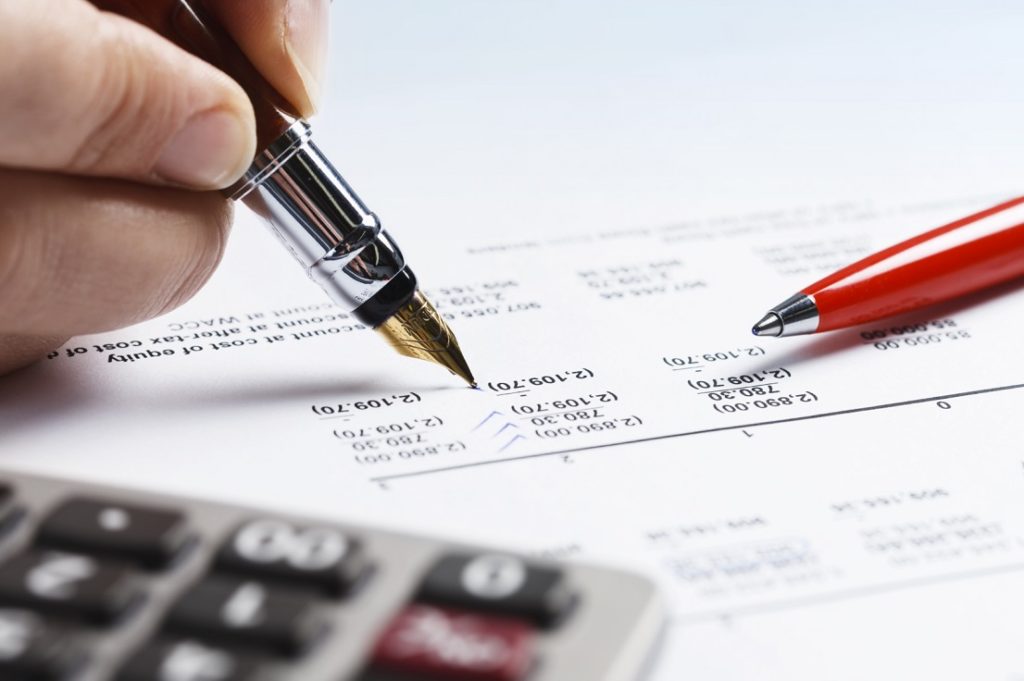
The Best Ways to Resolve IRS Tax Debt Relief
August 9, 2022What happens if you don’t pay your taxes on time? Well, you remain in debt and the IRS may do everything in their power to get the money you owe them. Every human being has faced dreadful situations and there have been a few times wherein you might find yourself in tax debt may be due to various reasons.
Don’t get in a flap if you are in such a situation at this moment. We are here to help you with tax debt problems. In this article, we will explain a few best ways to solve your IRS tax debt relief. To avoid any levy or legal action against you for tax debt follow these recommended steps to resolve IRS tax relief.
Table of Contents
What are the Ways to Resolve IRS Tax Debt Relief? (H2)
There are many ways to free ourselves from IRS tax debt. These options come in handy and are manageable even if you are short on funds. But, make sure once you have opted for a particular relief option stick with it till all your tax debt settlement.
1. Agree on an Installment (H3)
It might be hard to pay a lump sum amount at a go for many taxpayers. But many find it is easy to pay small installments at regular intervals which can help them to clear their due after a few months. IRS offers installment agreements at affordable rates for tax debt payers.
2. Wage Garnishments (H3)
Wage garnishment is a method by which the IRS deducts the tax debt from your wages. The IRS does this by directly deducting a certain amount of paycheck from your employer every month.
However, you can prevent wage garnishment by proving that you don’t have sufficient funds to meet your living expenses. This way the IRS might consider stopping wage garnishment from your paycheck till you are financially stable.
3. Consult a Tax Debt Relief Firm (H3)
It is quite painstaking to handle the tax debt. It might increase your mental stress. It would be a better option to consult a tax debt relief firm that might provide you with professional tax debt help to resolve your IRF tax debt relief. There are many best tax debt relief companies that offer various IRS debt help.
But be sure to research various tax debt relief firms and the services offered by them. Then opt for the best tax debt relief firm that is capable of solving your peculiar tax debt problem. Make sure you don’t pay anything to the firm before you are given IRS debt help.
4. IRS Fresh Start (H3)
This is a special program that was recently initiated to help individuals to pay their tax debt with ease. This program allows eligible individuals to pay monthly installments over a few years. These installments will be fixed by the IRS based on the individual’s tax debt, monthly income, and liquid assets.
The IRS also exempts individuals in this program from wage garnishments, penalties, and additional interest on the tax debt. The IRS Fresh Start Program is a combination of an installment agreement program and an Offer of Collection program.
To be eligible for the Fresh Start Initiative Program, for self-employed individuals one has to produce a 25% income drop. The annual income limit for a single person is $ 100,000 and for joint filers, the income limit is $200,000.Individuals having a tax debt of $50, 000 or less are eligible to enroll in the Fresh Start Program of the IRS.
5. Offer in Compromise (H3)
This program can be opted for if you are looking to reduce your tax debt amount. This is a great way for your tax debt settlement. The IRS will provide an Offer of Compromise, only if you can pay the reduced tax debt all at once.
Also, the IRS will accept an Offer in Compromise only when it realizes that the tax debt can be collected by force or traditional way. This program helps you to reduce your tax debt to a great extent.

6. Not Collectible Status (H3)
This is one of the options for IRS tax debt relief. The IRS accepts Not Collectable Status when an individual proves that he is facing financial hardship which means he can pay tax only by compromising his standard living expenses.
The standard living expenses include food, clothing, housekeeping supplies, health care expenses from the pocket, gas, vehicle payments and maintenance, and water, electricity, and other utility expenses. Once IRS approves Not Collectable Status, the individual will not receive any further letters and levies till he has earned sufficient funds to pay the IRS tax debt.
7. Filing A Bankruptcy (H3)
Filing for bankruptcy requires professional guidance. One can file a bankruptcy for nonpayment of tax debt in totality. Under chapter 7 of the tax code, IRS will accept the complete discharge of the debts while under chapter 13 of the tax code IRS will allow a person to repay a part of the debt and the rest will be discharged.
8. Consider Statute Of Limitations Laws (H3)
Under the statute of limitation laws, the IRS provides 10 years to collect IRS tax debt from the assessment date. You can know your assessment date and you can request a transcript online or file a form 4506-T with the IRS. If you are intended to reduce your tax debt or get a tax debt forgiveness IRS, reach out to a tax debt professional to use the statute of limitations laws to your advantage. But keep in mind this option is riskier to follow.
9. Option of Innocent Spouse Relief (H3)
Partners having a joint account with tax debt can pursue this option under certain conditions. These conditions include that your spouse has failed to pay taxes or has reported wrong income or claimed wrong deductions or credits.
Conclusion
It is not always a human error that can cause troubles and inconsistencies while paying your taxes. Something as unprecedented and explosive as the COVID pandemic has led many businesses to crumble down to dust. The economy is down the drain and many people are being indirectly affected by the charade. So, if you are currently unable to meet the tax requirements, go find help because there’s plenty!












